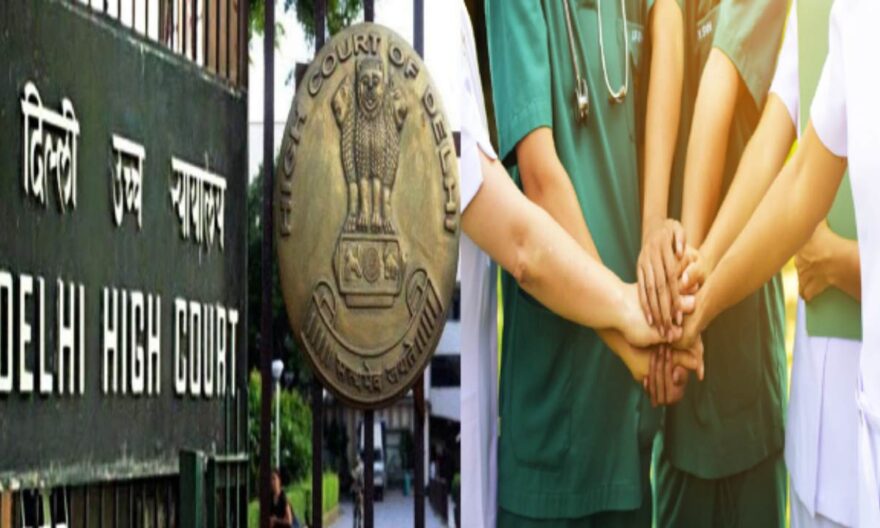
The Delhi High Court has recently emphasized that baseless targeting of doctors can seriously harm public interest and likened the removal of a doctor’s name from the Indian Medical Register to a “civil death” in terms of their professional career.
In a recent judgment, Justice C Hari Shankar observed that while medical professionals are expected to possess a certain minimum standard of competence, unwarranted targeting of doctors can have severe consequences that ultimately prejudice public interest. The court emphasized the importance of fair treatment and cautioned against wielding the power to strike off a doctor’s name from the medical register without proper justification.
The case before the court involved the Ethics Committee of the former Medical Council of India temporarily removing a practicing radiologist’s name from the Indian Medical Register for allegedly falsifying records, which purportedly contributed to the death of a patient. However, the court found that the allegations of falsification were never raised against the radiologist prior to the issuance of the order.
The court underscored the gravity of falsifying records, considering it a serious matter that involves criminal intent. It stressed that any finding of falsification must be based on precise and exact evidence, specifying the record that was falsified and how it was done. Furthermore, the court emphasized the importance of providing the accused doctor with notice and an opportunity to respond before arriving at such a conclusion.
The court further criticized the Medical Council for confirming the allegation of falsification without raising it initially, merely to justify imposing punishment. It described the situation as “extremely unhappy” and highlighted the significant impact on a doctor’s professional career and personal life when their name is struck off the medical register. Such a decision, which receives public attention, can have far-reaching familial and societal ramifications.
The judgment serves as a reminder of the need for fairness, due process, and evidence-based decision-making in matters involving medical professionals. It seeks to protect doctors from baseless targeting and ensure that any disciplinary action taken against them is proportionate and well-founded, while also considering the wider implications on their lives and careers.




